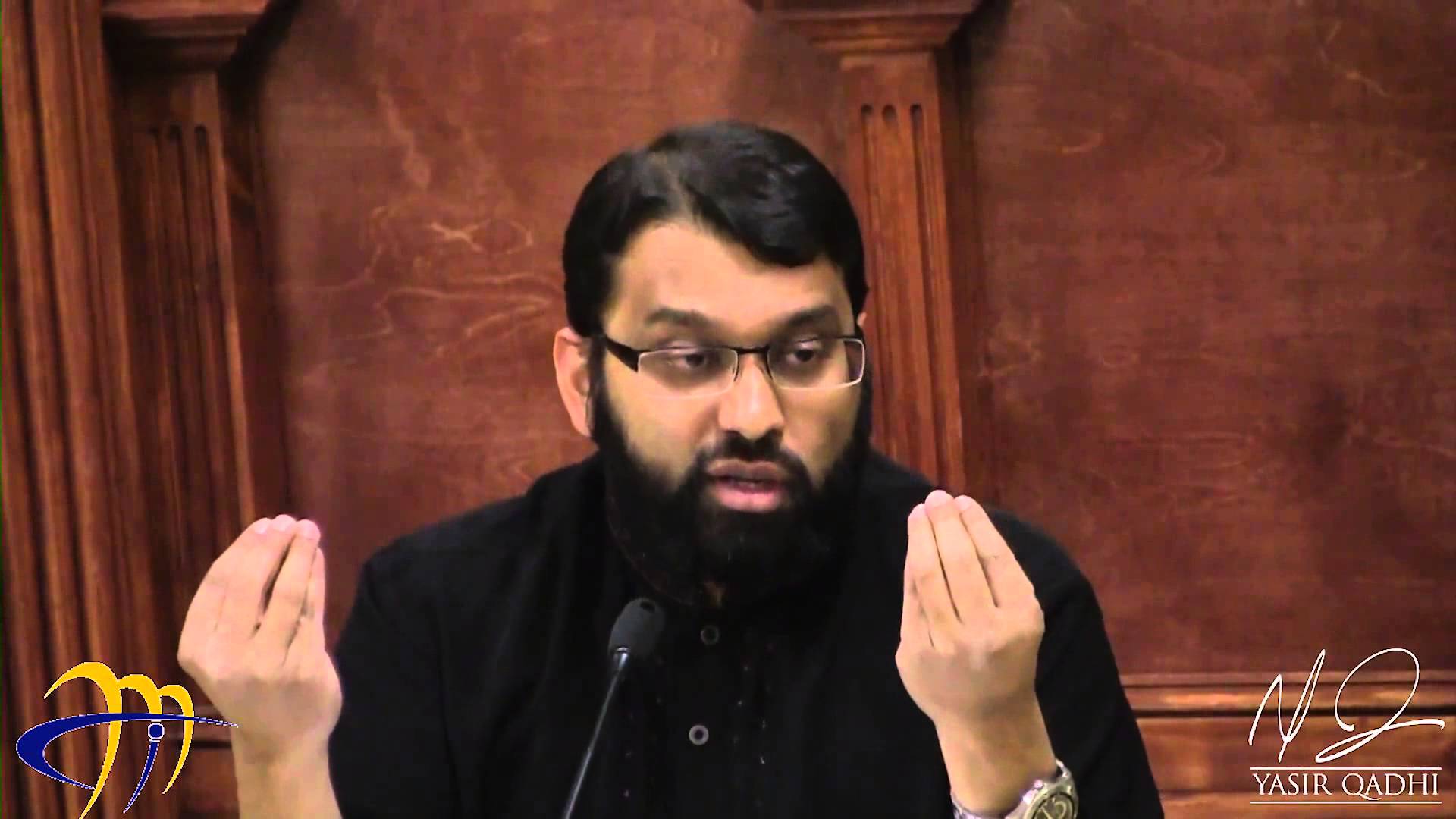8. Synergetic
The teachings of Shariah are synergetic. They create synergy between people, where they help one another to promote the good and remove the evil. Shariah also establishes synergy between people and their leadership at all levels. Allah says,
{Believing men and women are supporters of one another, they enjoin what is right and forbid what is wrong …} (At-Tawbah 9:71)
Nurturing the individual and community is done through the synergy between development and positive influence (also known as tarbiyah) from one side, and laws and regulations from another:
{We sent our apostles with clear signs and sent down with them the Book and the Balance (of Right and Wrong), that men may stand forth in justice …}(Al-Hadid 57: 25)
9. Practical
Shariah came to deal with human beings as they are. It acknowledges their needs and desires. Allah knows the humans He created and knows that they need to eat, drink, and get married. They have materialistic necessities and needs the same way they have their spiritual and emotional needs. Allah created the humans from mud and breathed into them their soul.
Therefore, Shariah acknowledges that humans are going to advance and decline, and people may be guided, or may go astray. It acknowledges the fact that people are weak and may disobey and they will need to learn how to repent.
Handhalah (may Allah be pleased with him), a companion of the Prophet (peace and blessings be upon him), thought that he was a hypocrite because when he was not with the Prophet (peace and blessings be upon him) he felt a spiritual decline. The Prophet comforted him by acknowledging that this is the nature of human beings. (Muslim)
In regard to the practical nature of Shariah, Allah made everything permissible except a few harmful things. Allah opened a very wide door for repentance – all the time, no matter what the sin is. Allah says in the Quran that {Allah wishes to turn to you …} (An-Nisaa’ 4:27) and the Messenger (peace and blessings be upon him) says that Allah accepts the repentance from whoever repents before the soul is about to leave the body. (At-Tirmidhi)
Acknowledging differences
Shariah also acknowledges the differences between people, nations, and cultures. Therefore, the Messenger used to answer the same questions differently, depending on the circumstance of the questioner. He would deal with the elderly differently than the young, and would permit his wife, `A’ishah, to play with young ladies in consideration of her age. He would allow people to practice their culture as long as it does not contradict Islamic teachings[1]. Shariah also acknowledges the need for rest and entertainment to recharge the energy as long as it is done appropriately without sins.

